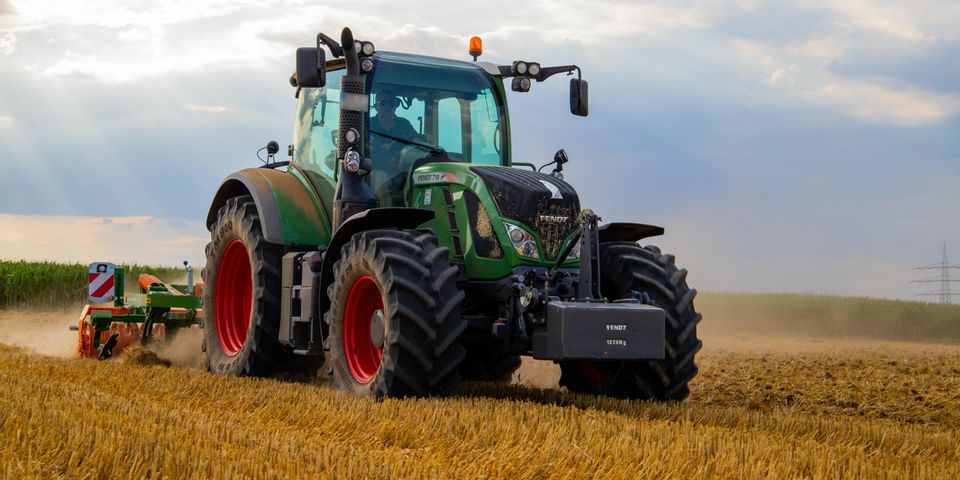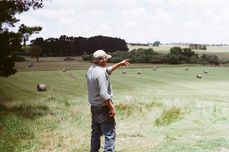A Guide to Midsummer Alfalfa Checkup

Some farmers may have difficulty starting their Alfalfa crop, especially since summer is at the halfway point. It’s not uncommon to think that the time for planting crop is over, but this isn’t the case. Consider the guide below on how to grow a healthy hay crop and what fertilizer you should use, all in time for harvest.
How Can You Start a Healthy Alfalfa Crop?
Winfield’s National Alfalfa Agronomists claim that every ton of forage removes 50 units of potassium, 15 units of phosphorus, and five units of sulfur. If you plan to harvest 5 tons per acre of hay in a season, you will need 400 pounds of potash, 150 pounds of 18-46-0 fertilizer, and 150 pounds of Cal-sul. Keep in mind that if you haven’t applied any fertilizer yet, it’s not too late, and that tissue samples of your seed are a good tool to track your fertility program.
Boron is also an important micronutrient essential for root development and plant vigor. Symptoms of boron deficiency are yellowing of leaves and shortened main stems. In addition, aspire is a great product to use that gives you both potassium and boron. However, if your hay stands are looking wilted and brittle, the first place to start would be to pull a soil sample, and if the PH is low, lime can be added to the fertilizer blend.
Which Pests Could Ruin the Crop?
 Always be on the lookout for insect trouble, especially potato leaf hoppers, which are mid- to late-season pests. These lime green wedge-shaped insects suck sap from plants and inject toxins in leaves, creating a yellow wedge shape on the tip of the leaves, ruining the yield and quality before symptoms appear. Most insects, including leaf hoppers, will migrate to fields with newly seeded crops, especially when the hay around them is harvested.
Always be on the lookout for insect trouble, especially potato leaf hoppers, which are mid- to late-season pests. These lime green wedge-shaped insects suck sap from plants and inject toxins in leaves, creating a yellow wedge shape on the tip of the leaves, ruining the yield and quality before symptoms appear. Most insects, including leaf hoppers, will migrate to fields with newly seeded crops, especially when the hay around them is harvested.
Fungicides are also beneficial products to improve yield and forage quality. It has been learned over the years that Alfalfa's first crop shows the best response to fungicide and that it is more exposed to disease pressure in cool and wet conditions. Fungicides also show benefits when cutting durations are longer than 40 days and applied at 6-8 inches of growth.
The Allied staff is here to help you ensure that you have a bountiful harvest. We will be happy to work with you to build an alfalfa crop plan for your operation. Our interns will do sweeps on your fields, and, if an insecticide is needed, they will help you with adding MAX-IN® Boron if it’s not applied with your initial dry fertilizer application. Call (800)-247-5679 for assistance with your crops or to inquire about our farming products, or contact us online.
About the Business
Have a question? Ask the experts!
Send your question

